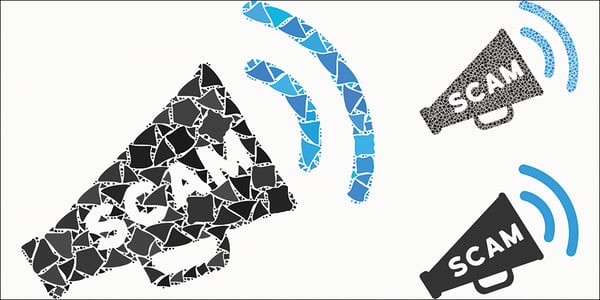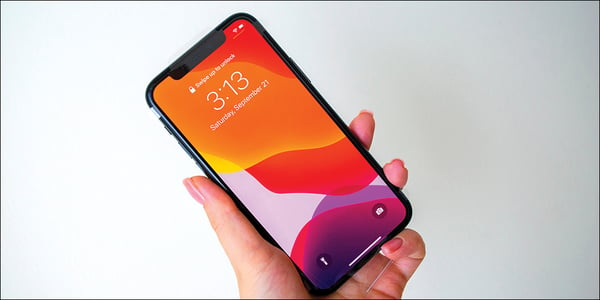
This week's review of ad fraud and quality in the digital advertising space.

"Connected TVs and devices such as Roku, Amazon Fire and Apple TV have seen an explosion in frequency of use," wrote Variety. "As in any successful medium, with that success come scams and fraudulent schemes designed to pirate legitimate revenue. CTV has seen an increasing number of these within the last two years, as the fledgling industry is yet to have a standardized format for buying inventory."

"Asserting that the programmatic advertising marketplace is 'riddled with material issues including thin transparency, fractured accountability, and mind-numbing complexity,' the Association of National Advertisers (ANA) recently announced a request-for-proposal for a consultant to study and come up with recommendations for improving it," reported MediaPost.

"Digital ad tech companies are making their play to control advertising on CTV," wrote AdExchanger. "[A]s in the web’s early days, programmatic demand for TV inventory is generating sky-high CPMs and attracting fraud."

"Google has failed to stop 'shyster' websites advertising on its search engine, despite promising to fix the problem, the BBC has found," wrote BBC. "[T]rying to catch rule-breakers is a game of 'cat and mouse,' as the companies can change their tactics and reappear," wrote BBC.

"With last week’s launch of iOS 14.5, iPhone and iPad users now have a say in whether their apps can track them. And so far, the results are sobering for the companies doing the tracking," wrote Fast Company, noting that new estimates say 11% of users worldwide and 4% of U.S. users are allowing themselves to be tracked.
*By entering your email address and clicking Subscribe, you are agreeing to our Terms of Use and Privacy Policy.
These Stories on Weekly Recaps
*By entering your email address and clicking Subscribe, you are agreeing to our Terms of Use and Privacy Policy.

Disclaimer: The content of this page reflects Pixalate’s opinions with respect to the factors that Pixalate believes can be useful to the digital media industry. Any proprietary data shared is grounded in Pixalate’s proprietary technology and analytics, which Pixalate is continuously evaluating and updating. Any references to outside sources should not be construed as endorsements. Pixalate’s opinions are just that - opinion, not facts or guarantees.
Per the MRC, “'Fraud' is not intended to represent fraud as defined in various laws, statutes and ordinances or as conventionally used in U.S. Court or other legal proceedings, but rather a custom definition strictly for advertising measurement purposes. Also per the MRC, “‘Invalid Traffic’ is defined generally as traffic that does not meet certain ad serving quality or completeness criteria, or otherwise does not represent legitimate ad traffic that should be included in measurement counts. Among the reasons why ad traffic may be deemed invalid is it is a result of non-human traffic (spiders, bots, etc.), or activity designed to produce fraudulent traffic.”

